A Case for Increasing Your Investment in Human Resources
15Five
JUNE 6, 2025
Key takeaways A strategic investment in human resources leads to higher employee retention, stronger succession planning, and a boost in shareholder value. Human resources is a critical function for optimizing your workforce. Investments in HR lead to savings in recruitment costs and a stronger bottom line. Its people.
































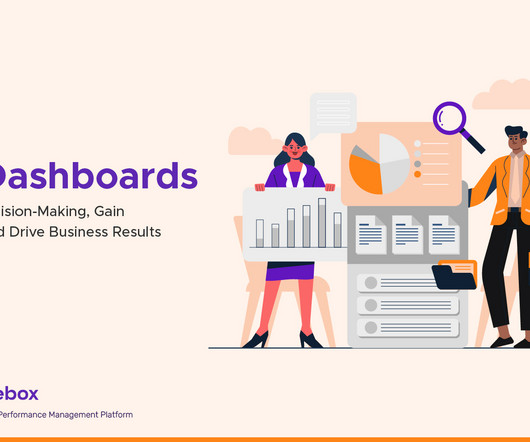
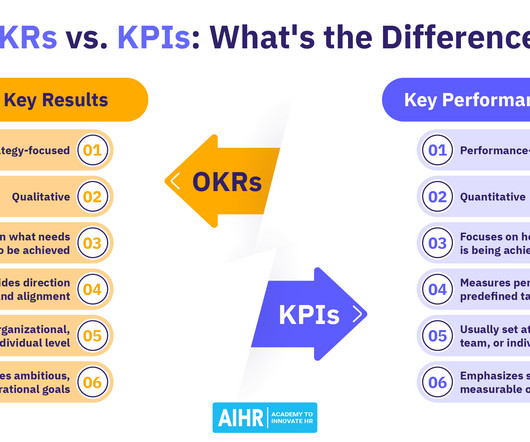

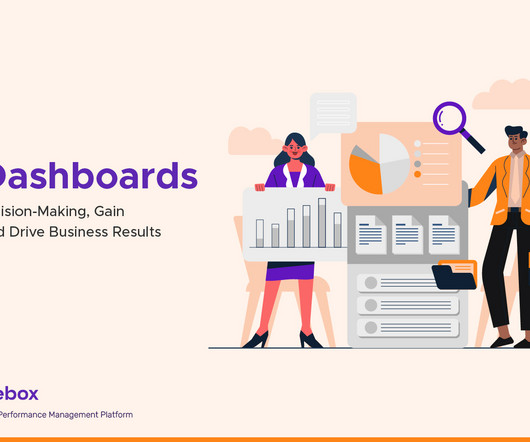

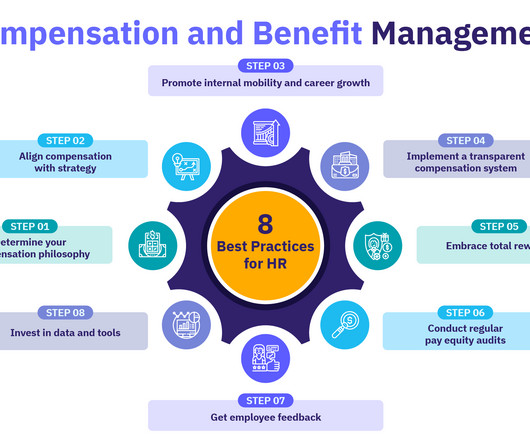




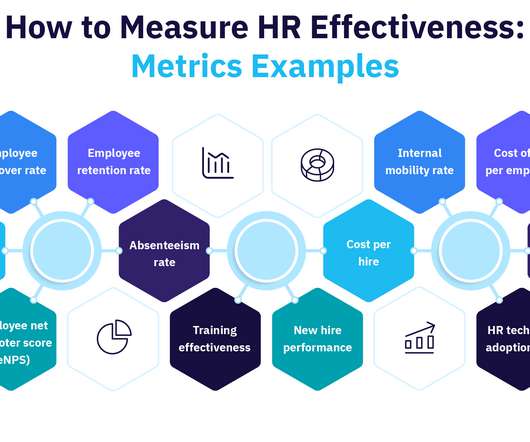












Let's personalize your content